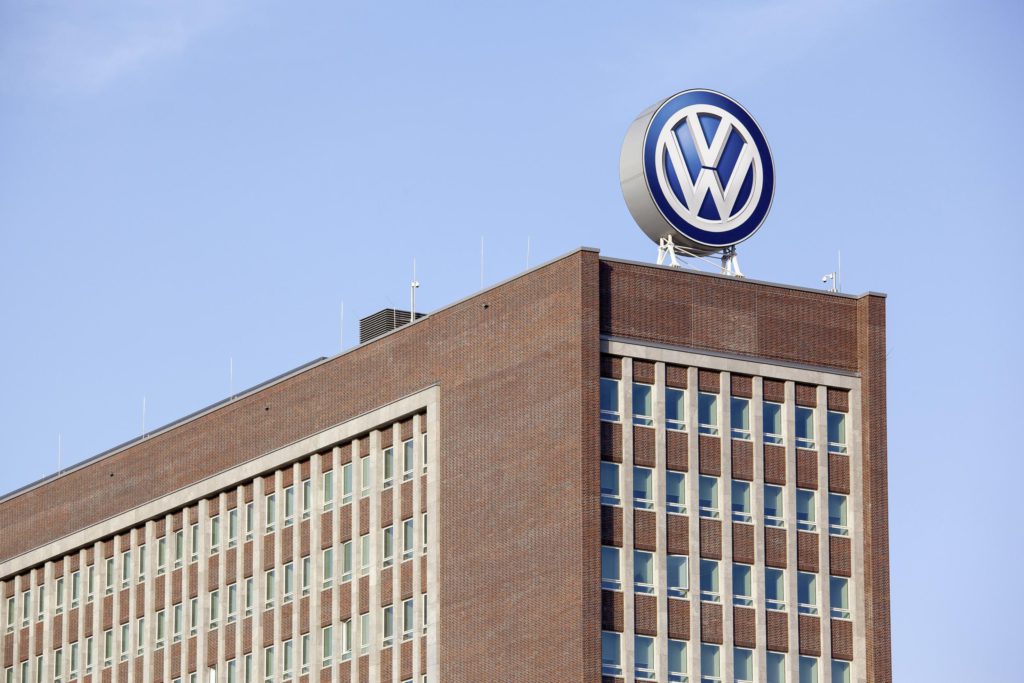VW offers extended warranty yet still denies wrongdoing in EU over Dieselgate
15 June 2017

15 June 2017
The European Union has negotiated a deal which sees vehicle manufacturer Volkswagen (VW) offering an extended warranty to those whose diesel vehicles are affected by the ′cheat’ software installed as part of the emissions scandal.
Under the proposed plan, VW will promise to resolve issues that might arise up to two years after diesel vehicles have been fixed. However, unlike in the US, where the company has set aside $25 billion (€22.7 billion) for compensating customers, there will be no financial payout in the EU.
VW has constantly denied that the cheat software has ever been used in EU emissions testing, instead insisting that while it agrees the need to remove it from vehicles, as they and their exhaust figures are not affected there is no need for compensation to be paid to drivers. However, the news that the group has offered a warranty on these vehicles could be seen by some as an admission of guilt, as well as noting that the fixes made to vehicles have been causing other problems.
VW said it had reached a ′consensus’ with the EU on the issue. VW is offering a ′trust-building measure’ under which it will repair “certain parts” of the car that may be damaged by software updates required to fix the underlying diesel emissions cheating. However, it maintains that this is not a mark of acceptance that it did anything wrong in Europe.
EU Consumer Affairs Commissioner Vera Jourova sees the ′extra guarantee’ as a positive step. Jourova and other EU regulators have repeatedly expressed frustration over VW’s attitude to European customers in not offering the cash pay outs granted to US owners of its cars. However, the EU is limited on the pressures it can put on the company since the power to police the car industry lies with its member states rather than the European Parliament itself.
However, the news hasn’t been met with much acceptance from consumer groups. European body BEUC said the agreement doesn’t go beyond existing legal obligations and must ensure that fixes to vehicles do not cause issues in the first place.
The group’s spokesman, Johannes Kleis, comments: ′This looks more like a window dressing exercise of VW to avoid compensating consumers. It is sad that Volkswagen seems unreceptive to the fact that millions of consumers have been misled and deserve compensation in Europe.’
The move means that vehicle owners who report issues following the fix being applied to their vehicles can have these problems resolved free of charge. VW has denied that the fix causes any further troubles, however drivers from across the continent have been reporting items such as diesel particulate filter and exhaust gas recirculation valves failing and increased fuel consumption as a result.
Speaking in April 2017, Louise Ellman MP, chair of the UK Government’s Transport Select Committee, commented: ‘While Volkswagen owners in the United State have received compensation, those in the UK have been treated shabbily and offered nothing. UK consumers must not be the poor relations here.’
VW is also facing a number of group action lawsuits in countries such as the Netherlands and Italy, while other consumer legal firms in further territories in the EU are also trying to bring together drivers in order to pursue legal action. Drivers are upset that while those in the US are receiving compensation of up to $10,000 (€9,000), in the EU the company will offer nothing.
The Dieselgate saga has a long history and the EU parliament has been frustrated in its attempts to get VW to do something for drivers affected, due to the devolution of power to member states. However, local authorities are starting to take action. Earlier in June, Audi, part of the VW Group, was forced to issue a recall by German Transport Ministry of its A7 and A8 models built between 2009 and 2013. In total, the recall will cover around 24,000 vehicles, 14,000 of which are in Germany. The ministry believes these Euro-5 engine cars emit around twice the legal limit of nitrogen oxides (NOx) when the steering wheel is turned more than 15 degrees.
Photograph courtesy of Volkswagen Group
The insight behind the news
Never miss another story – sign up to receive your complimentary Autovista Group Daily Brief. This timely and incisive daily briefing covering automotive news and insights on the issues affecting your business is delivered direct to your inbox.